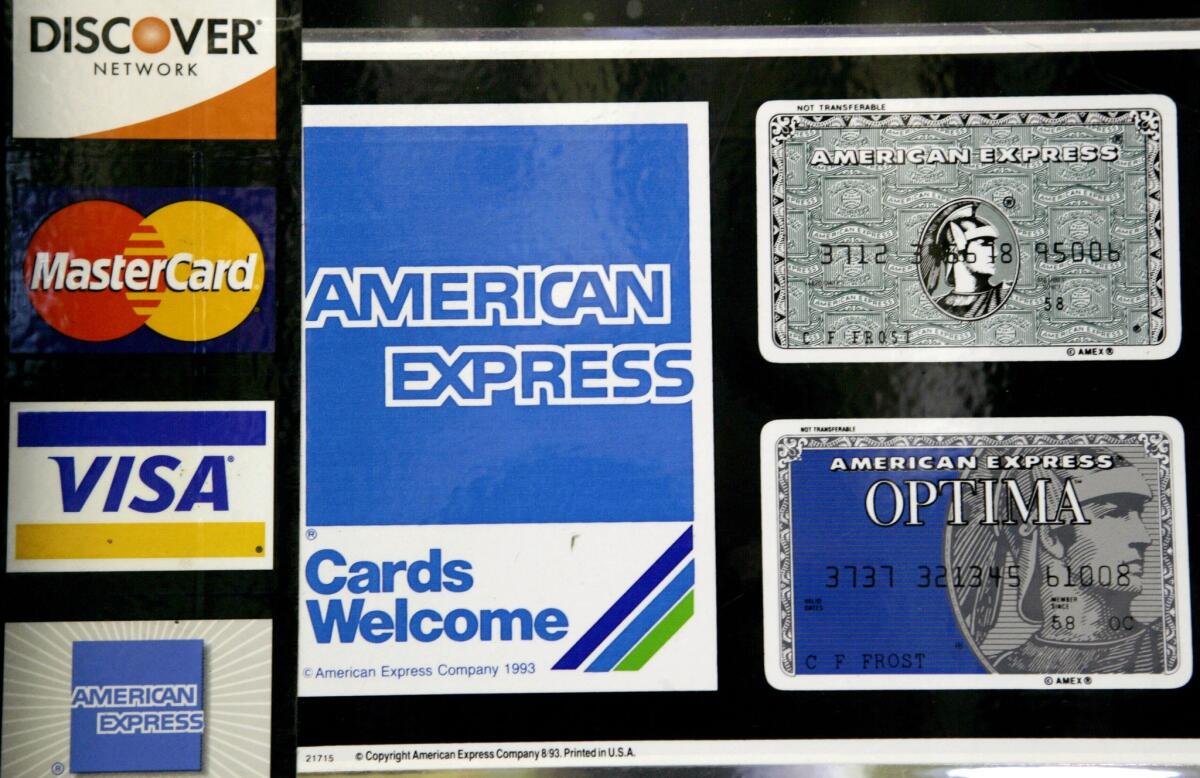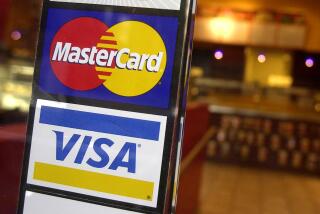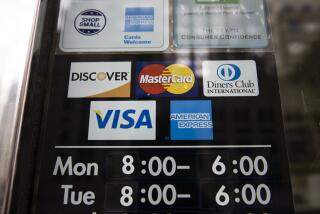Credit card late payments drop

Americans are doing a better job of making timely credit card payments, even as many lenders increasingly extend credit to more people with less-than-stellar credit histories.
The rate of U.S. credit card payments at least 90 days overdue fell to 1.16% in the April-June quarter — the lowest level in at least seven years, credit reporting agency TransUnion said Tuesday.
The second-quarter credit card delinquency rate is down from 1.27% in the same period last year and 1.37% in the first three months of this year.
The late-payment rate peaked in the first quarter of 2009 at 3.12%, TransUnion said. The firm’s data go back to 2007 and are drawn from information culled from virtually every U.S. consumer who uses credit.
Average card debt per borrower was up slightly in the second quarter, rising about 0.2% to $5,234. It rose 1.4% from the first quarter of this year.
Americans still have a limited appetite for debt after gorging themselves on subprime mortgages and credit cards before recession seized the country in late 2007.
Credit card borrowing started rising again in 2011, but the increases have lagged far behind other types of debt, including auto and student loans.
All told, U.S. credit card debt has increased 1.3% over the past year, reaching $873.1 billion in June, according to the Federal Reserve.
Meanwhile, the number of new credit card accounts opened by consumers increased in the first three months of the year.
The data lag by a quarter, so the latest TransUnion figures cover the January-March period. They show that the number of new credit card accounts rose 17.8% to about 11.7 million versus the same period a year earlier.
The share of cards issued to borrowers with less-than-perfect credit increased to 31.2%, compared with 27.3% a year earlier.
That’s still well below the roughly 45% share of cards going to non-prime borrowers before the recession, however.






